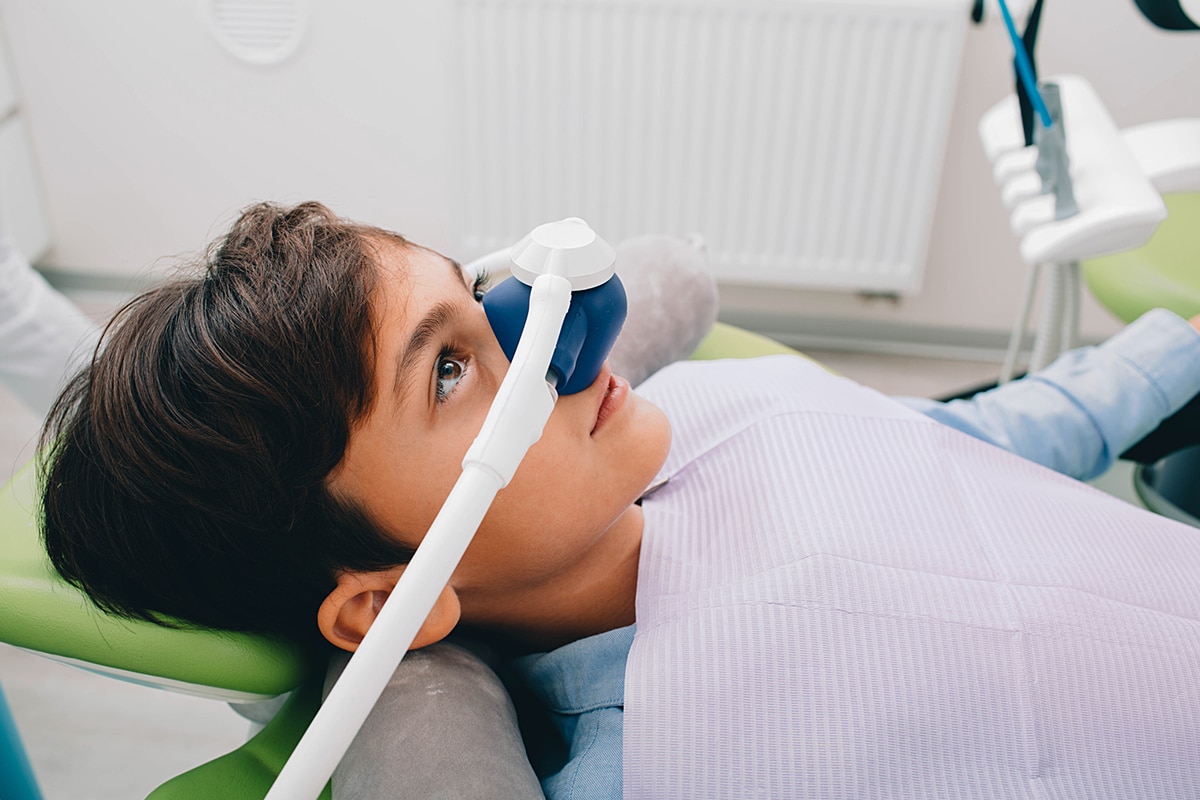
Undergoing oral surgery can be a source of anxiety for many patients. Fortunately, the use of sedation methods helps ensure a comfortable and stress-free experience. However, one of the most common questions patients have is about the duration of sedation and how soon they’ll feel back to normal after their procedure. Understanding what to expect can ease concerns and help you prepare for a smooth recovery.
Every patient’s experience with sedation is unique, as its effects depend on several factors, including the type of sedation used and individual health conditions. This blog will help break down the most important aspects of how long sedation lasts, so you feel reassured and fully informed before your procedure.
Types of Sedation and Their Duration
The duration of sedation after oral surgery varies based on the type used. Here’s an overview of common sedation options and what you can expect in terms of recovery:
- Nitrous Oxide (Laughing Gas): This is one of the mildest forms of sedation available for dental procedures. It is inhaled through a mask, and its effects wear off quickly—usually within minutes—once the gas supply is stopped. Most patients feel fully alert and normal shortly after their procedure, making it possible to drive themselves home.
- IV Sedation: This form of sedation is administered intravenously and offers a deeper level of relaxation than nitrous oxide or oral sedation. IV sedation can linger in your system for a few hours post-surgery. While you might feel groggy, some residual effects may persist for up to 24 hours, so arranging for transportation and rest afterward is essential.
- Hospital Anesthesia: Hospital anesthesia induces a complete sleep-like state and is used for more extensive oral surgeries. This is done in the controlled hospital environment and under monitoring of anesthesia specialists.
Understanding these options in advance will help you and your oral surgeon determine the most appropriate form of sedation for your needs while allowing you to make better plans for your recovery period.
Factors That Affect Sedation Duration
While the type of sedation plays a significant role in determining its duration, other factors also contribute to how long the effects last. Here are some additional aspects that can influence your recovery:
- Individual Metabolism and Health: Everyone’s body processes sedative medications differently. Factors like age, body weight, and overall health can accelerate or slow down how quickly sedation wears off.
- Dosage and Procedure Length: The dosage of sedation and the length of the oral surgery directly correlate with how long the effects persist. Longer procedures often require higher doses, which can extend the recovery time.
- Medications and Medical History: Certain medications or pre-existing health conditions can impact how sedation interacts with your body. For instance, patients with liver or kidney conditions may take longer to metabolize the sedative.
- Post-Surgery Activities: Drinking water, eating light meals, and resting after your procedure may assist your body in flushing out the sedative more quickly. Following aftercare instructions from your oral surgeon is vital for a smooth recovery.
By understanding these variables and discussing them with your surgeon beforehand, you can better anticipate how long sedation will last and what steps to take for a safe and effective recovery.
Safe Post-Sedation Recovery Tips
The hours following oral surgery are critical to ensuring a smooth recovery from sedation. Here are some tips to keep in mind:
- Have a Caregiver Present: Regardless of the sedation type, it’s important to have someone accompany you to and from your procedure. They can assist with transportation and ensure you arrive home safely.
- Take Time to Rest: Plan to rest for the remainder of the day, even for lighter forms of sedation like nitrous oxide. Avoid strenuous activities and give your body ample time to recover.
- Follow Dietary Instructions: Stick to the dietary guidelines provided by your surgeon post-surgery. For example, soft foods and clear liquids are often recommended to avoid any complications.
- Stay Hydrated: Drinking plenty of water helps your body process and eliminate the sedative more effectively.
- Avoid Driving or Operating Machinery: For deeper or long-lasting sedation types, it’s essential to stay away from activities that require focus, such as driving, for at least 24 hours.
By following your surgeon’s post-operative instructions and allowing your body to rest, you’ll set yourself up for a comfortable and efficient recovery.
Frequently Asked Questions About Oral Surgery Anesthesia
How long does it take for general anesthesia to completely wear off?
General anesthesia typically takes about 24 hours to fully leave your system. While the initial grogginess may subside in a few hours, you may still feel slightly fatigued or disoriented throughout the day. It’s important to allow yourself adequate rest and avoid activities requiring full alertness, such as driving or working.
Can I eat after oral surgery if I’ve been sedated?
Eating after sedation depends on your surgeon’s specific recommendations and the type of surgery you’ve had. Typically, light and soft foods are best in the first few hours. Avoid heavy meals or hot beverages until you are sure the effects of the anesthesia have completely worn off, as they may interfere with any lingering sedation or affect surgical sites.
At True North Oral Surgery & Implants, your comfort and recovery are our top priorities. If you have more questions about sedation options available for your procedure or want to schedule an appointment, contact us online or call us at the office closest to you. Our team is here to support you every step of the way.
